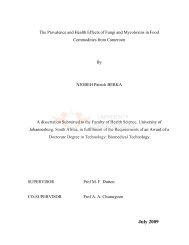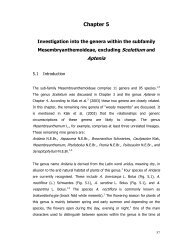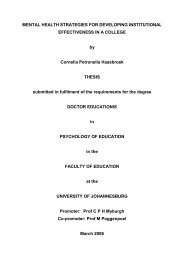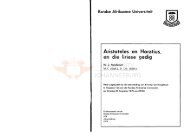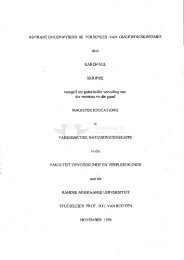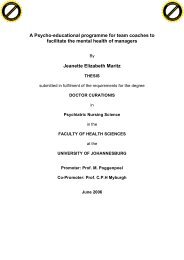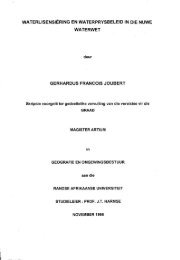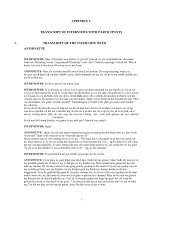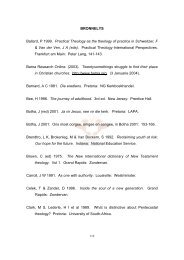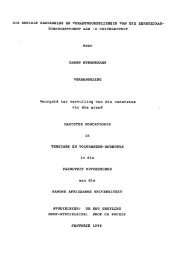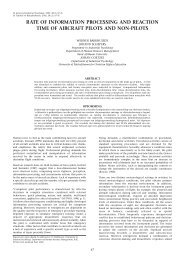SEKONDÊRE SKOOLLEERDERS SE BELEWENIS VAN ...
SEKONDÊRE SKOOLLEERDERS SE BELEWENIS VAN ...
SEKONDÊRE SKOOLLEERDERS SE BELEWENIS VAN ...
You also want an ePaper? Increase the reach of your titles
YUMPU automatically turns print PDFs into web optimized ePapers that Google loves.
word in terme van liefde, geld, prestasie, erkenning, vrede en harmonie die uitvloeisel<br />
van die self-gedetermineerde identiteit is. Volgens Jacobs en Raath (1990:24) kan die<br />
gevolgtrekking gemaak word dat die kind se self-konsep nie aangebore is nie, maar dat<br />
hy deur die ondervindinge wat hy belewe homself op bepaalde wyse leer ken en so <br />
konsep van homself vorm hulle stel dit verder ook dat: “ Die vorming van die<br />
selfkonsep impliseer dinamiek” . Hulle verwys dan na Burns (1979:66) wat van<br />
mening is dat dit redelik is om aan die selfkonsep te dink as n dinamiese proses.<br />
Deelnemers beskryf dan die volgende belewenisse.<br />
jy is ʼn waardelose persoon…”<br />
“ The right way – not in the sense of attacking me or my character,<br />
because as soon as I step in and I’m told kid listen here you’re not<br />
doing… right in front of the whole class, I’m breaking down his<br />
character… jy klim in sy karakter in… and you don’t want that because<br />
then you’re not so much as breaking that student down, but you are<br />
making his name bad in front of other kids so… you are killing him not<br />
just inside but outside the more you have that the worse you break<br />
down his personality because he gets… then you find the kid more in<br />
the office more in the principles office just trying to get attention…”<br />
Baron et al. (1997:172) se beskrywing werp eweneens lig op die impak van selfkonsep<br />
op gedrag, veral dan in die lig van bogenoemde hulle stel dit so: An independant but<br />
consistent proposal by Leary and colleagues (1995) is that self-esteem serves as a<br />
sociometer that is a necessary element in the monitoring of interpersonal relations.<br />
People with high self-esteem (presumably high self-monitors) interpret the positive<br />
reactions of others as indicating they are liked and included; if self-esteem begins to dip<br />
in a social situation, this indicates the possibility of social rejection and exclusion, so<br />
behaviour is altered to correct the problem. Nog deelnemers in die navorsing stel dit:<br />
“Sodra ʼn onderwyser aggressief word, word ek aggressief om myself te<br />
verdedig… ”<br />
“ Jy voel regtig soos… ek weet nie eintlik hoe om dit te beskryf nie. Jy<br />
voel so onseker dan van jouself dan en… ek weet nie dit is baie, dit is<br />
- 69 -



